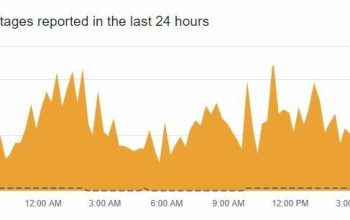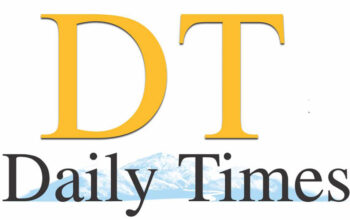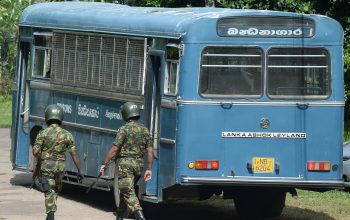The World Bank greenlit a $350 million package for Pakistan’s budget financing, highlighting the need for fiscal and structural reforms. This move comes amid concerns raised by the World Bank’s board members over Pakistan’s low tax collection relative to the size of its economy.
The World Bank’s Board of Executive Directors unanimously approved the $350 million financing for the Second Resilient Institutions for Sustainable Economy (RISE-II) operation, according to a press statement issued on Wednesday. The approval for the $350 million comes after a two-year delay, attributed to weak economic fundamentals, the absence of an International Monetary Fund (IMF) umbrella, and uncertainty over upcoming elections. The Washington based lender moved forward with the case for board approval only after obtaining clarity on these aspects.
World Bank Country Director for Pakistan, Najy Benhassine, stressed the urgency of fiscal and structural reforms to restore macroeconomic balance and establish the foundations for sustainable growth. He noted that RISE-II completes a first phase of tax, energy, and business climate reforms aimed at generating additional revenues, improving expenditure targeting, and stimulating competition and investment.
Although Pakistan met all nine prior conditions for securing the budget financing loan, the lender moved forward only after the completion of the first review of the $3 billion IMF programme and the announcement of the February 8th election date.
The board members raised concerns about Pakistan’s approximately 10% tax-to-GDP ratio, which they deemed insufficient to meet growing expenditure needs and contributing to higher public debt. This ratio is significantly lower compared to regional countries, with India boasting an 18% tax-to-GDP ratio.
The World Bank has approved loans to improve fiscal management, regulatory frameworks fostering growth and competitiveness, debt transparency and management enhancement, and broadening the tax base while reducing distortions in tax policy.
Programme loan documents indicate that the $350 million lending was approved “with a 24-month delay following the completion of prior actions and establishment of a sustainable macroeconomic framework.”
The World Bank documents state that delays in reining in accommodative fiscal and monetary policies from mid-2021 led to the erosion of buffers, while programme implementation slowed considerably.
The government sought the World Bank’s support under a revived RISE programme and completed critical outstanding PAs, including the flagship general sales tax harmonisation reforms. However, there are still hurdles to filing one single sales tax return instead of five at federal and provincial levels.
Read IMF urges constitutional amendment for fiscal discipline
To qualify for the lending, Pakistan implemented steps for effective fiscal management, improvements in debt management, withdrawal of energy subsidies, and enhanced revenue collection from property taxation.
The World Bank underlined that external financing realisation from international financial institutions, bilateral partners, and structural reforms supported by the $350 million RISE-II loan and $3 billion IMF package are critical for macroeconomic policy adequacy. But it added that continued macro adequacy is contingent on the successful completion of the ongoing IMF programme.
“Based on the foundations laid through RISE II and parallel support by other International Financial Institutions, Pakistan has the opportunity to tackle long-standing structural distortions in its economy after the upcoming general elections,” said Derek Chen, Task Team Leader of the WB operation. Failing to use this opportunity would risk plunging the country back into stop and go economic cycles, he warned.
The programme document stated that, in recent years, poverty reduction efforts have slowed amid shocks, critical structural constraints, and periodic macroeconomic crises. The lower-middle income poverty rate in 2023 is estimated at 39.4% at $3.65 per day income yardstick, only slightly below the poverty rate of 40% in 2018. There are almost three million more Pakistanis living below the poverty line than in 2018. Little progress has been made in closing gaps in poverty between urban and rural areas, while women and girls continue to face widespread exclusion from access to services and opportunities, it added. Despite some recovery, economic growth is expected to remain below potential over the medium term. The World Bank has projected a 1.7% economic growth rate for this fiscal year and a negative real per capita income.
Published in The Express Tribune, December 21st, 2023.
Like Business on Facebook, follow @TribuneBiz on Twitter to stay informed and join in the conversation.
Read the full story at the express tribune website.


